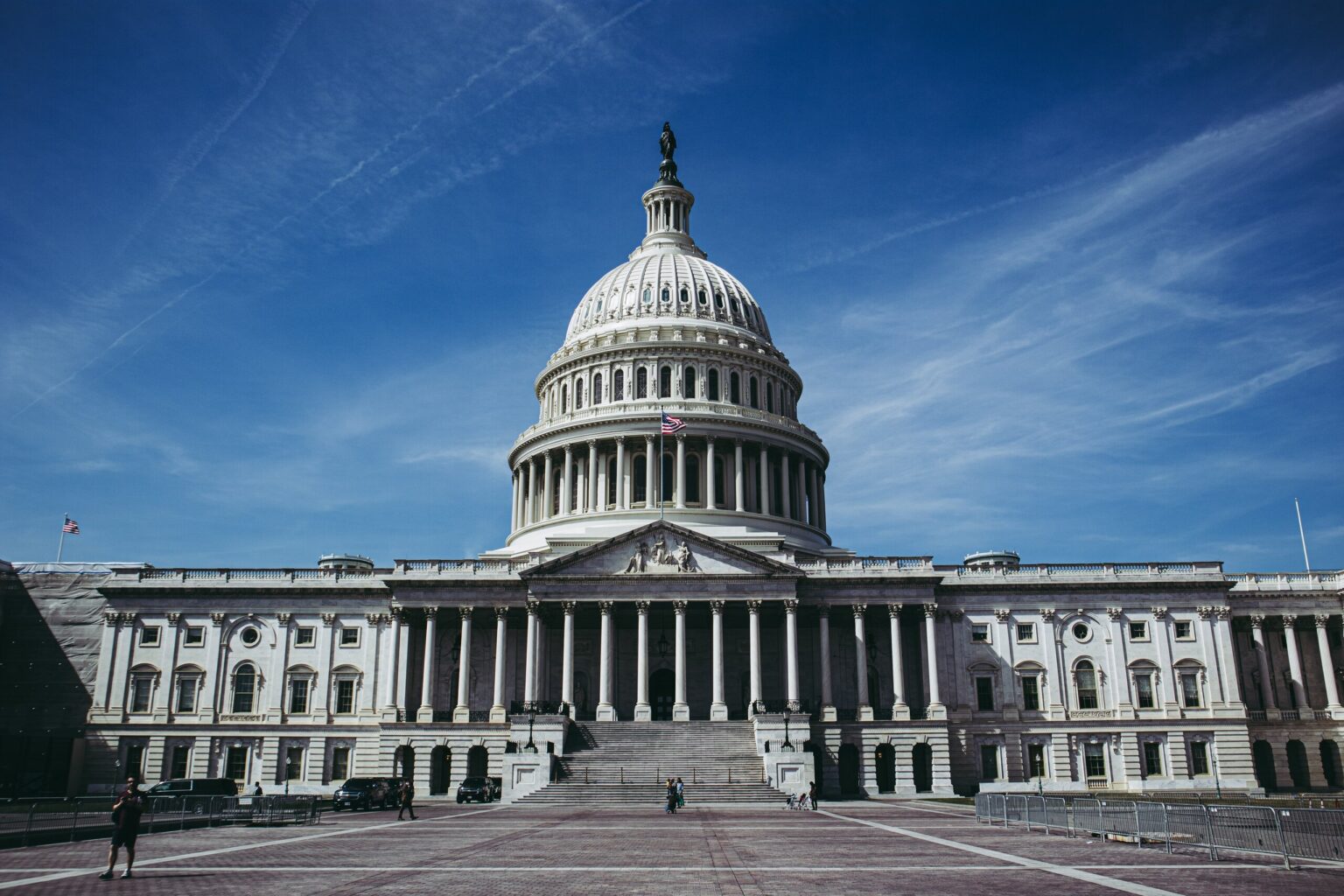Yesterday, on March 16, U.S. Senator Elizabeth Warren and Representative Mondaire Jones introduced a new bill, the Prohibiting Anticompetitive Mergers Act, that if approved, could ban a significant number of deals and it will threaten to unwind another good number of past transactions.
The proposed bill goes beyond what any other legislator or regulator around the world has done so far in the M&A space and it will face an uphill road to get Congressional approval. For a start, it would prohibit mergers valued over $5 billion (there were 130 global deals in 2021 with this value) or deals that result in market share over 33% or in highly concentrated markets (according to the HHI metric). While banning mergers in concentrated markets may bring some positive results, such a wide ban will likely forbid mergers that are competitive or at the very least, that are not anticompetitive.
Senator Warren mentioned some deals as examples of transactions that should have been forbidden like Sprint/T-Mobile, Bayer/Monsanto, Facebook/Instagram and American/US Airways. The problem is that the proposed bill could catch many more deals, in every industry, even in new markets that are growing now and, therefore, may be subject to more consolidation. For instance, the recent Block’s $29 billion acquisition of Afterpay in the Buy Now Pay Later space (BNPL) could have been caught in this wide net and would likely have been considered a prohibited merger just for being a deal valued over $5 billion.
In fact, this deal is not out of the hook yet, as the bill proposed new procedures for the government to conduct retrospective reviews as far back as 2001 and breakup harmful deals. This means that the Federal Trade Commission (FTC) and the Department of Justice (DOJ) could be allowed to review any consummated merger and require a breakup if the merger resulted in a market share of about 50%. This provision may stem from the Facebook/Instagram debate, which is a deal that the FTC is seeking to unwind in a federal court. For many years, regulators have discussed whether the merger between Facebook and Instagram was anticompetitive and if more should have been done to block the deal, but the economic evidence at that time did not support such a decision. However, unwinding a merger or acquisition is not without risks and costs for the companies. The most recent example of unwinding an acquisition comes from the U.K, where the Competition and Markets Authority ordered Facebook in November to sell Giphy after 18 months of investigation, leaving Giphy in a vulnerable position.
This bill seeks to facilitate the work of the agencies by providing more tools to ban mergers before they are completed and by ordering breakups if some deals are proved to be anticompetitive over the years. If approved, FTC and DOJ could reject mergers in the first instance without court orders. This would represent a complete overhaul of the current system where the agencies need to sue companies in court, and it is a judge who decides whether to block the deal or not. The new system would resemble the merger control system in the European Union where the regulator investigates and decides the fate of a deal. Under the new bill, DOJ and FTC could also prohibit firms with a history of antitrust violations from acquiring other companies.
The new system would provide agencies with powerful tools to review and reject mergers. While this is not necessarily a bad idea, it has worked well in other jurisdictions, the bill would also lower the evidentiary proof that agencies need to bring in order to block a deal and this may raise some legal questions. For instance, instead of showing that a merger should “lessen competition or to tend to create a monopoly”, the proposed bill suggests “harm the competitive process or create or help maintain a monopoly, a monopsony, market power, or unfair methods of competition”. Additionally, for prohibited mergers, regulators may not even have to define relevant markets, “neither quantitative evidence nor a definition of a relevant market or market share shall be required to establish a violation under this section (Clayton Act)”.
